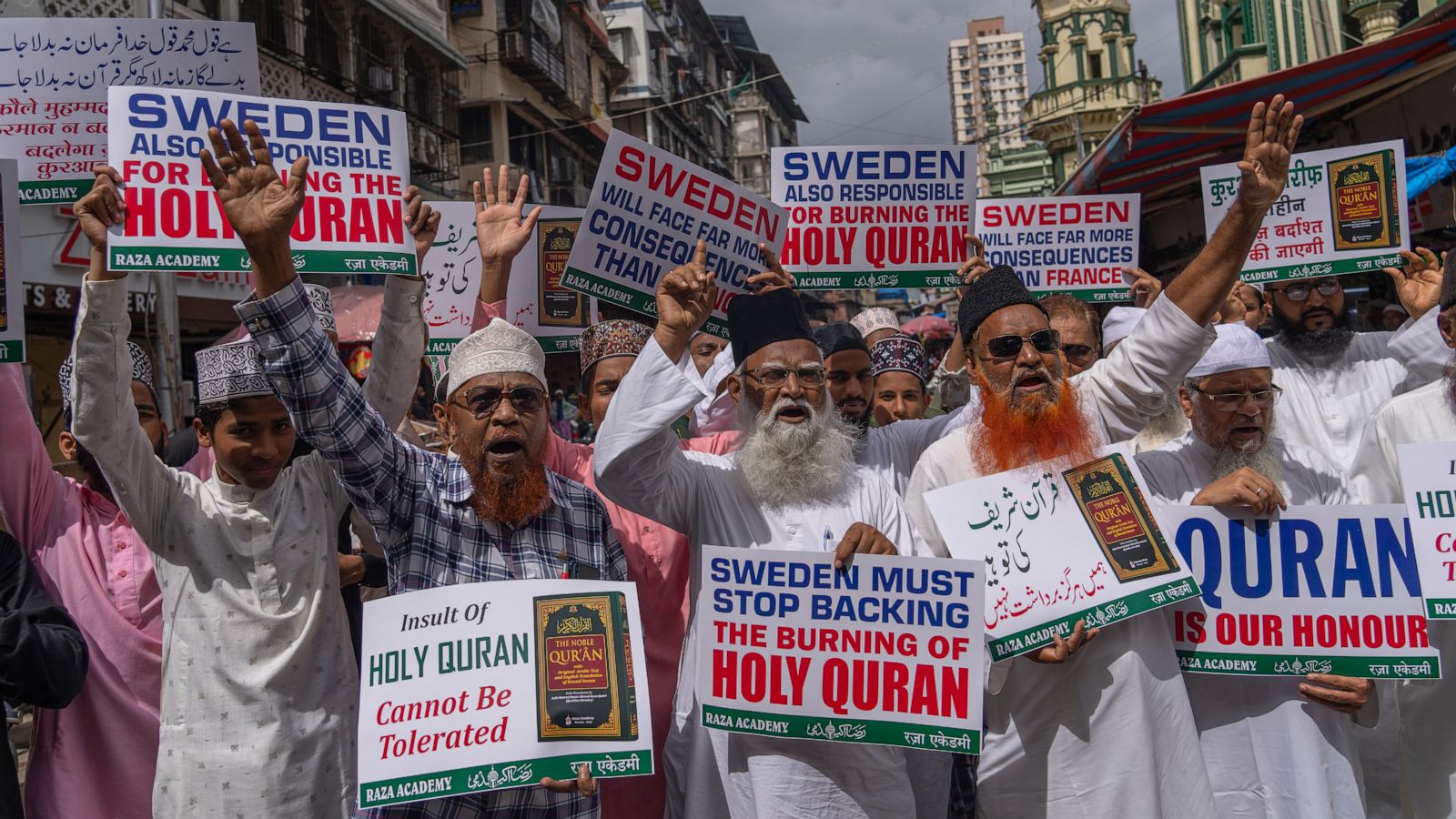Muslim nations, led by Iran and Pakistan, are demanding action following a series of Quran burning incidents in Sweden on July 2 that they consider to be Islamophobic and incitement to violence. In response to the latest incident, a motion has been filed at the United Nations human rights body, calling on countries to review their laws and address any gaps that may hinder the prevention and prosecution of acts promoting religious hatred.
Muslim Nations Call for Accountability and Review of Laws
The desecration of the holy Quran through acts of burning and destruction has caused outrage among Muslim nations. Pakistan and Iran, along with other countries, argue that such acts amount to an incitement of violence. They are demanding accountability for the perpetrators and calling for a thorough review of existing laws to ensure that they effectively address and prevent acts of religious hatred.
Debate Highlights Rifts in the UN Human Rights Council
The motion filed at the UN Human Rights Council has brought to the forefront the divisions within the council. The Organisation of Islamic Cooperation, representing Muslim nations, supports the motion, emphasizing the need to protect religious sentiments and combat Islamophobia. However, some Western members of the council are concerned about the potential implications for free speech and the challenges it poses to long-standing practices in human rights protection.
Backlash and Condemnation from Muslim World and Taliban
The Quran burning incidents in Sweden have triggered a strong backlash and condemnation from the Muslim world. The actions of an Iraqi immigrant who ripped, burned, and stomped on the Quran outside a mosque in Stockholm during the Eid al-Adha holiday have sparked outrage. Angry protests have erupted in several Pakistani cities, while Iran, Saudi Arabia, and Indonesia have voiced their concerns at the international level. The Taliban administration in Afghanistan announced a halt to all activities involving Sweden, citing the insult to the holy Quran and the permission granted for insulting Muslim beliefs.
As the debate unfolds at the UN Human Rights Council, the clash between advocating for religious sensitivity and protecting free speech rights is poised to intensify. The outcome of this motion and the subsequent actions taken by member states will have significant implications for the global discourse on religious tolerance and freedom of expression.















